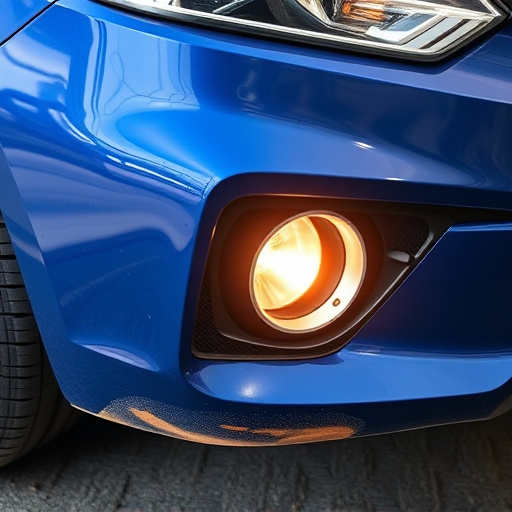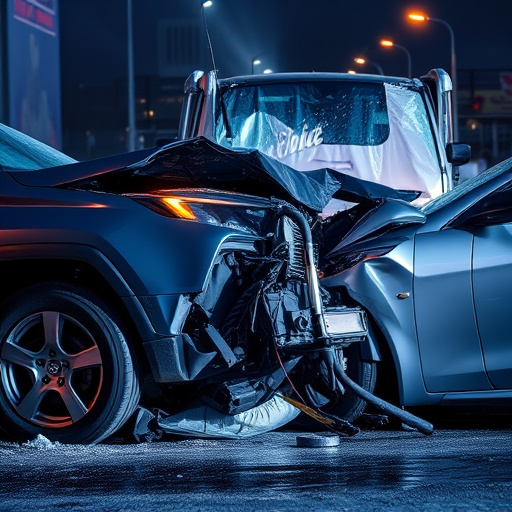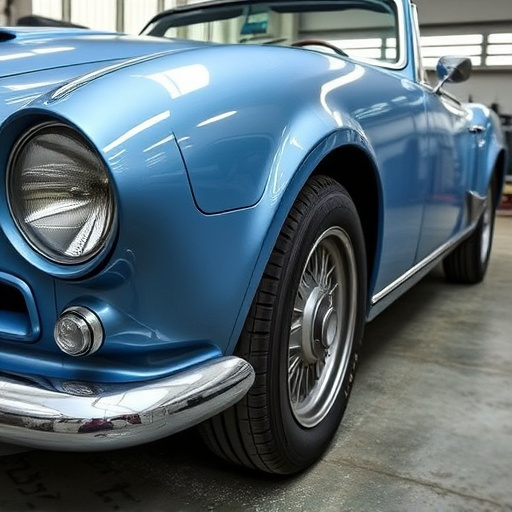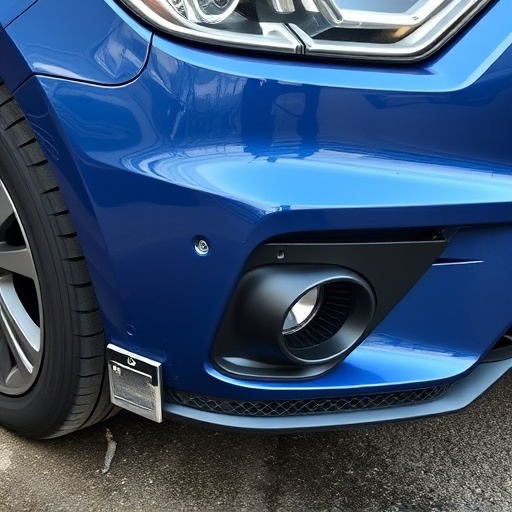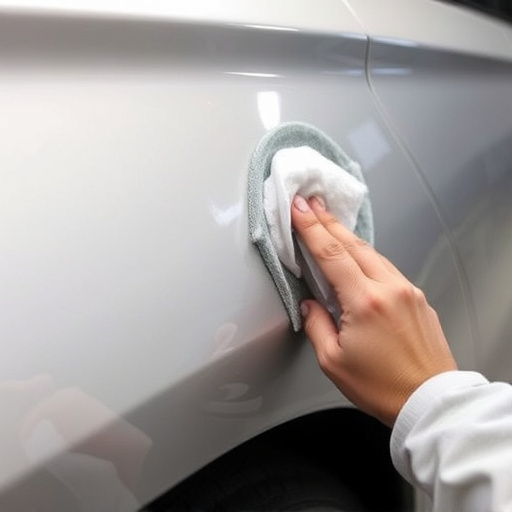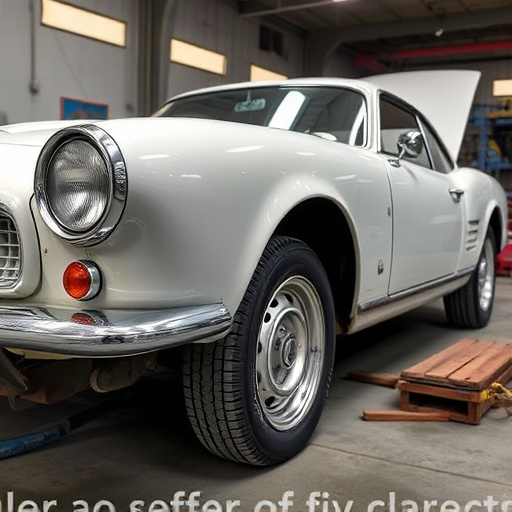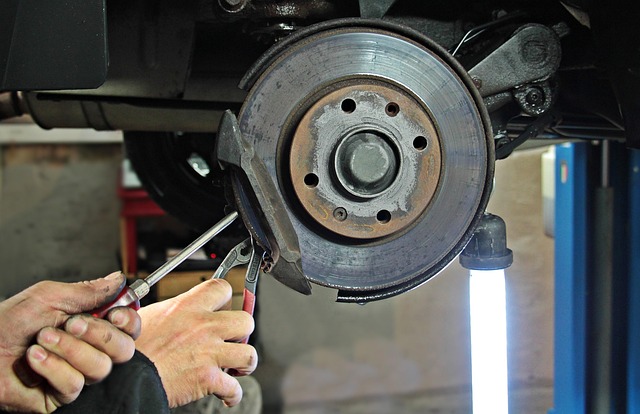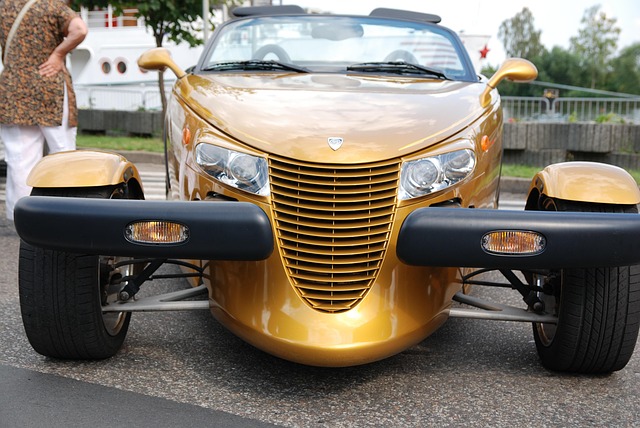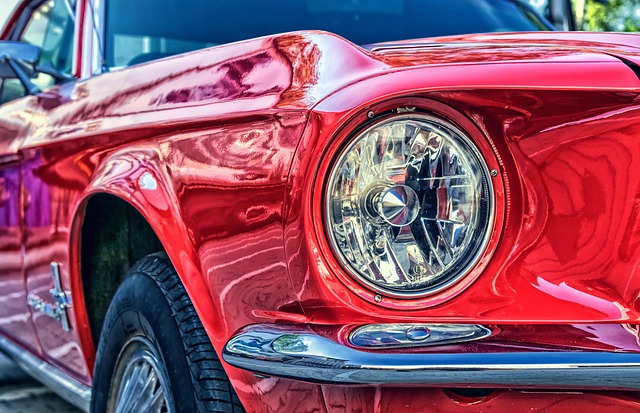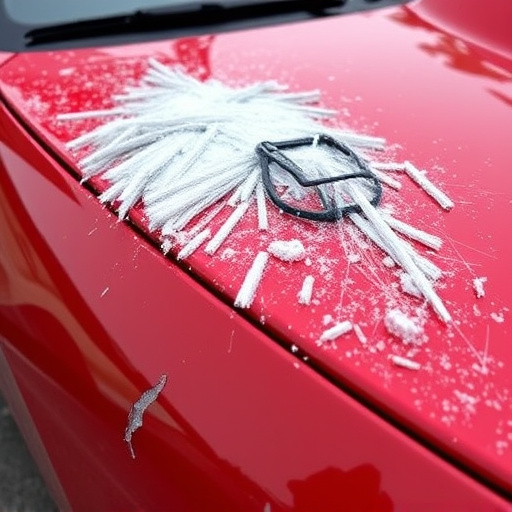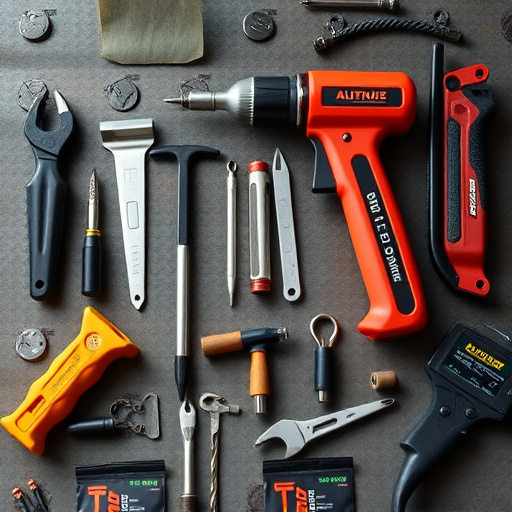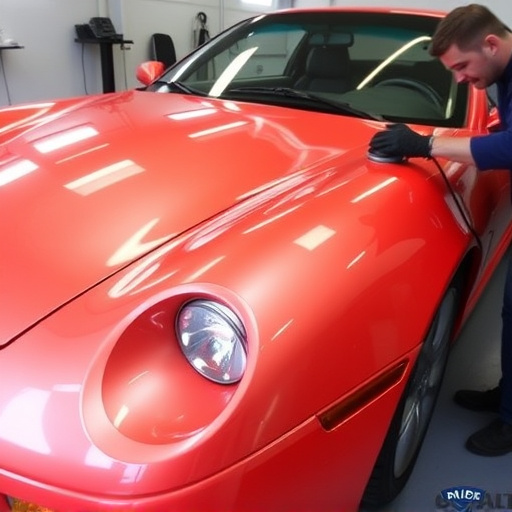A collision can significantly damage a vehicle's air conditioning (AC) system, crucial for summer comfort and safety. Impact forces may cause compressor failure, refrigerant leaks, or misaligned parts, impacting cooling performance. Prompt AC repair is vital for both driver comfort and system longevity. Skilled auto body services use advanced tools to assess and fix issues, replacing damaged parts and addressing related bodywork, ultimately restoring optimal AC conditions.
After a collision, your vehicle’s air conditioning (AC) system may be more than just a blown fuse. The impact can cause hidden damage that affects cooling efficiency and even safety. This article explores how car crashes disrupt your AC system, highlights common post-collision issues, and provides steps for effective AC repair to ensure your vehicle remains a comfortable and safe ride. Learn why prompt attention to AC repair after a collision is crucial.
- Understanding Collision Impact on Your AC System
- Common Issues Post-Collision: AC Edition
- Steps for Effective AC Repair After a Collision
Understanding Collision Impact on Your AC System
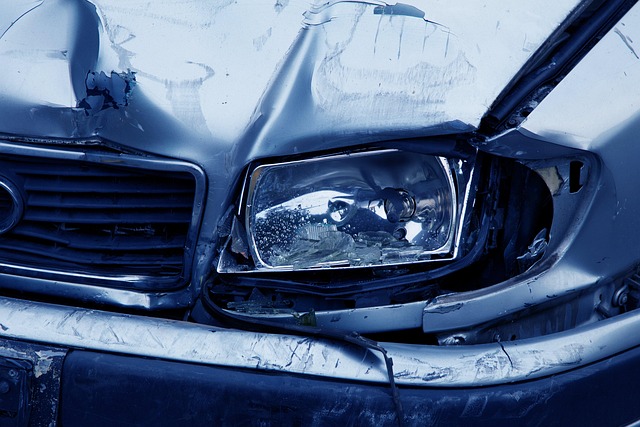
A collision can significantly impact your vehicle’s AC system, often overlooked but crucial for driver comfort and safety during hot summers. When a car undergoes a crash, several forces are exerted on its components, including the air conditioning (AC) unit. The force of the impact may cause damage to various parts, from punctured hoses to compressor failure or even leaks in the refrigerant lines. Even minor collisions can lead to compromised AC performance due to misalignment or loose connections.
Proper AC repair after a collision is essential not just for maintaining comfort but also ensuring the system’s longevity. Skilled auto body services and auto body shops have the expertise to assess and fix these issues, often using advanced diagnostic tools. They will replace any damaged or defective parts while addressing other related car bodywork services, ultimately restoring your AC system to its optimal condition.
Common Issues Post-Collision: AC Edition

After a collision, your vehicle’s AC system may present a host of issues. The force of impact can damage components like the compressor, condenser, or evaporator coils, leading to reduced cooling performance or even complete failure. Leaks in the refrigerant lines are also common, as they can occur from cracked or bent metal caused by the collision. These leaks not only affect cooling but also pose environmental hazards due to the ozone-depleting nature of many refrigerants.
In addition to these physical damages, a post-collision accident may trigger other problems. The shock could cause electrical malfunctions in the AC system’s controls and sensors, affecting its ability to regulate temperature accurately. Furthermore, auto body repair that involves restructuring or replacing damaged panels can indirectly impact the AC by altering the vehicle’s overall air flow dynamics, potentially affecting cooling efficiency. Auto detailing services after a collision may also be necessary to restore not just the cosmetic appearance but also the optimal functioning of your car’s AC system.
Steps for Effective AC Repair After a Collision

After a collision, your vehicle’s AC system could be affected, and efficient AC repair is crucial to maintain a comfortable driving environment. The first step is to assess the damage, which may include torn or compressed hoses, leaks from the refrigerant, and potential damage to the compressor or evaporator coils. It’s essential not to ignore any odd noises or reduced cooling performance post-collision, as these could be early indicators of more severe issues.
For effective AC repair after a collision, begin by addressing any auto body work needed, ensuring the vehicle’s paint is repaired properly. Next, focus on fixing any leaks and recharging the refrigerant if necessary. Auto glass repair might also be part of the process if the accident caused cracks or chips in the windows, impacting airflow and temperature control. Additionally, consider professional assistance to diagnose and fix complex issues related to the AC compressor or electrical components, ensuring your vehicle’s cooling system operates optimally once again.
After a collision, it’s not just the visible damage that needs attention; your vehicle’s AC system could also be affected. Understanding how collisions impact this crucial component and taking swift action on AC repair after a collision is essential to ensure your comfort and safety. By addressing common issues promptly, you can restore your vehicle’s cooling efficiency and avoid further complications. Remember, a well-maintained AC system not only enhances your driving experience but also contributes to the overall longevity of your vehicle.
